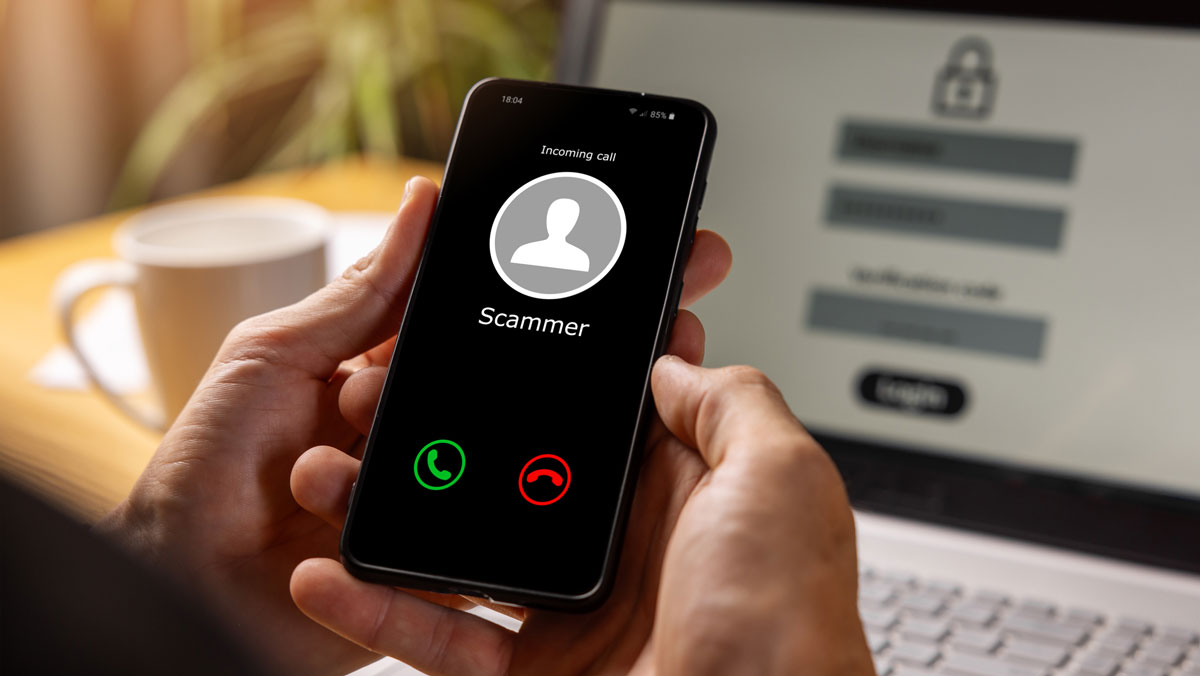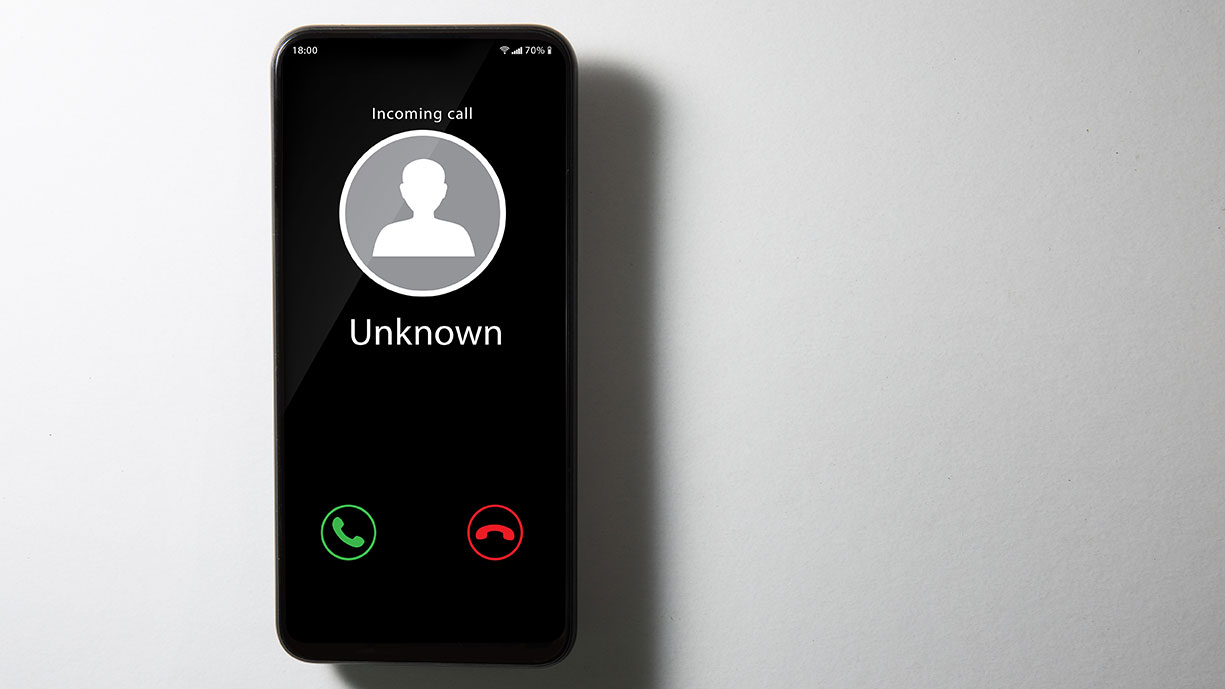
It’s been a long winter and you’ve been looking forward to a springtime getaway for months. As you happily pack your bags and finalize your plans, be aware of these spring break scams to protect yourself and your loved ones from scammers.
Travel scams
If you’re looking for a spring trip for less, you might be looking for a vacation rental or discounted flight. You may find incredible deals, or you might play directly into the hands of a scammer. Be wary of travel deals that seem too good to be true. Before booking a flight or hotel reservation through an online service, research the agency behind the deal. Look up reviews for the business and evaluate their website thoroughly.
In the classic Airbnb scam, you’ll find a great listing on Airbnb and contact the property owner. The host will send you a bogus website link posing as Airbnb for other properties they have listed, complete with a company logo, images, and reviews. You’ll like what you see and wire a fee to reserve a rental. Unfortunately, though, when you try to confirm your reservation with Airbnb, there will be no record of the listed property or of your transaction.
Avoid this scam by checking the website link of any site you visit through Airbnb, VRBO (vacation rental by owner), or any other booking site to make sure you’re dealing with the legitimate booking service.
Grandparent scams
In this ruse, scammers will call the victim and pretend to be their vacationing grandchild. They’ll claim to have been arrested or hospitalized and that they are in desperate need of cash. Sometimes, the caller will impersonate local authorities or medical personnel allegedly with the grandchild. The caller will ask the grandparents to send money immediately via wire transfer, cryptocurrency, or prepaid debit card. The demand for immediate payment, and the specific payment types are the first red flags of this scam.
If the caller pretends to be your grandchild, you can also spot the scam by asking the caller personal questions only your grandchild will know how to answer. If they can’t provide satisfactory answers, hang up. If the caller is impersonating a legal or medical authority, ask to speak to your grandchild. If they claim this isn’t possible, ask for a callback number and hang up. Next, call your vacationing grandchild or the relatives who are most likely to have last heard from them to verify your grandchild’s whereabouts. You’ll probably learn that your grandchild is fine.
Grandparents aren’t the only victims in this scam, bad actors can also target parents or friends of vacationing students.
Protect yourself and enjoy your trip
- Wait to share information about your trip after you return. Sharing you’ll be on vacation/away from home lets others know your home is left unattended.
- Let your financial institution(s) know you’ll be traveling to ensure your debit/credit cards remain active during your trip. You can conveniently set travel alerts for your MSGCU cards in the MSGCU Mobile App. Select Card Controls from the menu then Schedule Travel for This Card.
- Read more tips to protect yourself and your identity in this blog.
Don’t get scammed this spring break. Proceed with caution as you make your travel plans and be wary of anyone claiming your vacationing relative or friend is in trouble. Have fun and stay safe!
Category: Security
« Return to "Blog"





































